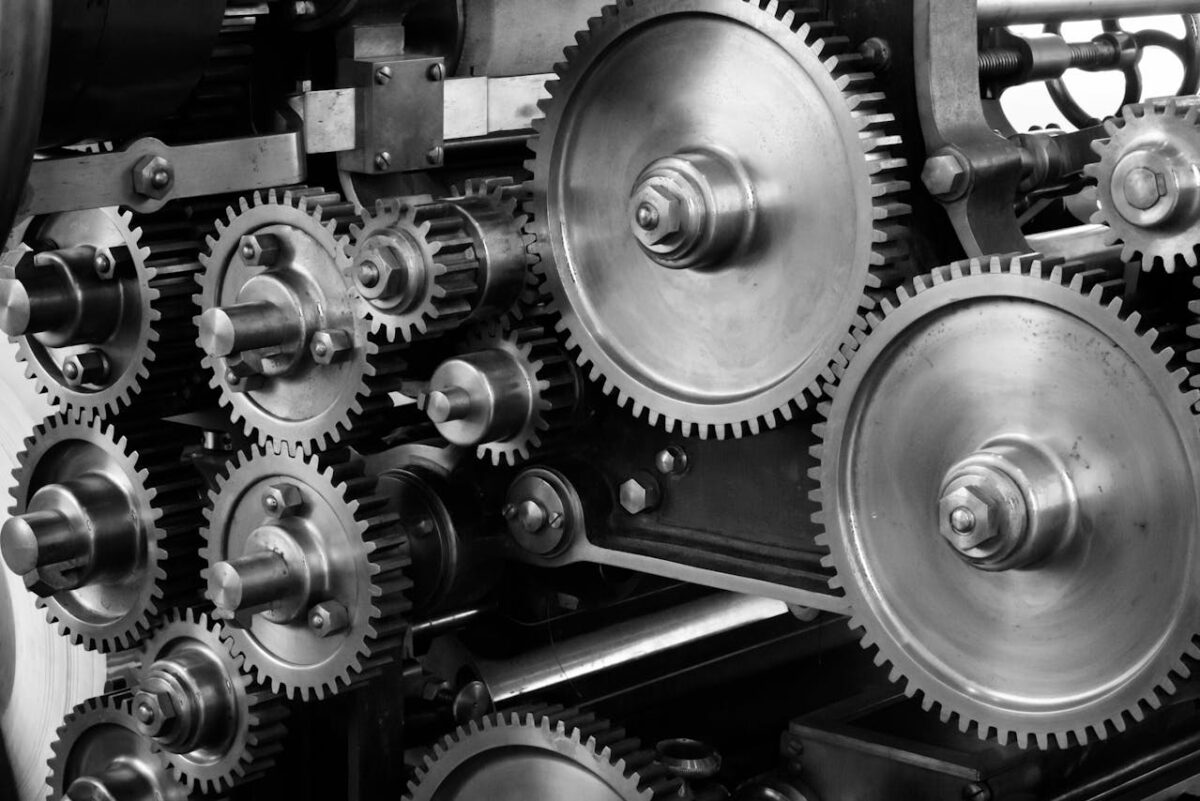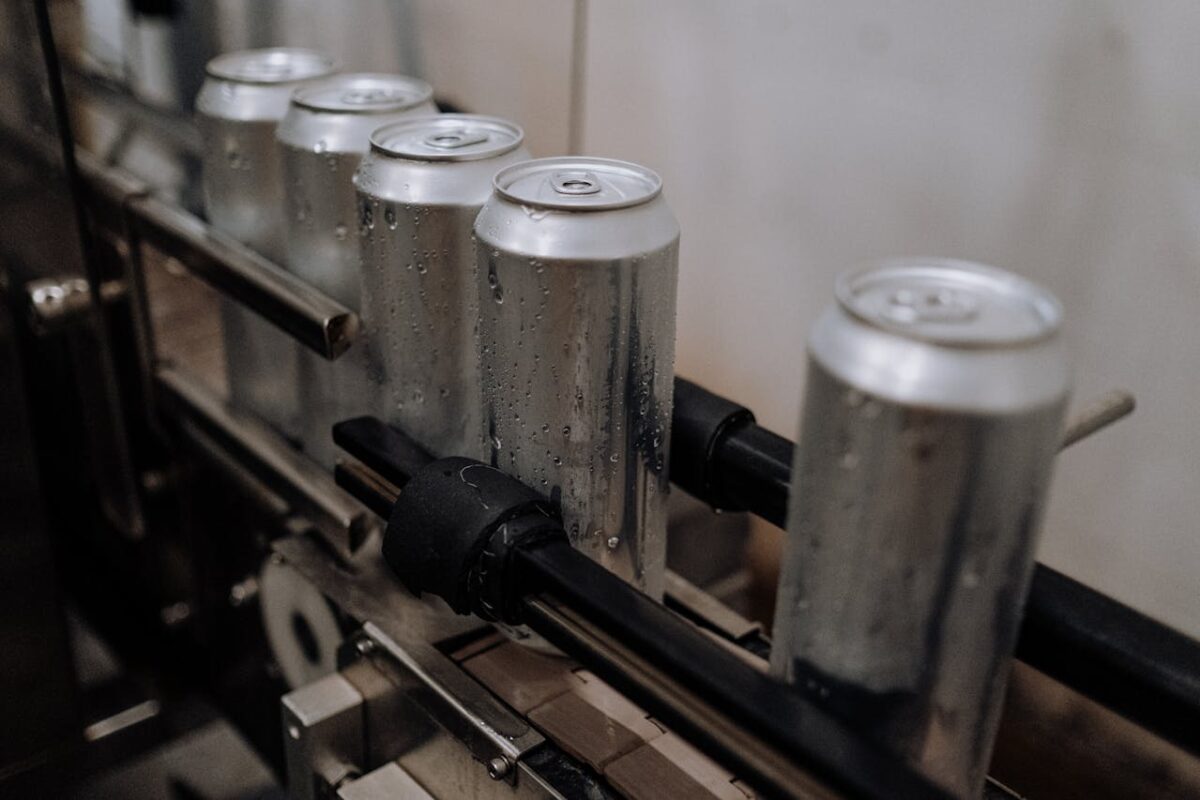How Is Metal Made?
kallipso
on
September 16, 2025
Metal is one of the most important materials in human history, shaping everything from tools and buildings to transport and technology. But how is metal made? The journey of metal, from raw ore to the products we use every day, is a fascinating process that combines natural geology, human ingenuity, and modern recycling methods.
At MetalCycle, we specialise in collecting and recycling scrap metal across the UK. Understanding how metal is made highlights not only the value of this resource but also why recycling is so essential.
The Origins of Metal
Metals are naturally occurring elements found in the Earth’s crust. Some, like gold and copper, can be discovered in a relatively pure state. Others, such as iron and aluminium, exist within ores; rocks that contain concentrated amounts of metal combined with other minerals.
Mining is the first step in the process of making new metal. Ores are extracted from the ground, then transported to refineries where they undergo separation and processing.
Extracting Metal from Ore
The way metal is made depends on the type of ore:
- Smelting: For metals like iron, copper, and lead, smelting is the most common method. The ore is heated to very high temperatures in a furnace with a reducing agent (such as carbon). This process removes oxygen and leaves behind purified metal.
- Electrolysis: Metals like aluminium require electrolysis, where an electric current is passed through a molten or dissolved ore to separate the metal.
- Chemical Reduction: Certain metals, including titanium, are extracted using chemical reactions with other elements to isolate the pure metal.
Refining and Shaping Metal
Once extracted, the raw metal is refined to remove impurities and improve its strength, durability, or conductivity. Common refining methods include:
- Electrolytic refining for producing ultra-pure copper and silver.
- Alloying, where metals are combined (such as iron with carbon to make steel).
- Casting and rolling, shaping the purified metal into sheets, bars, or wires ready for manufacturing.
Recycling: The Sustainable Way Metals Are Made
While mining and smelting are essential, making metal from raw ore consumes enormous amounts of energy and produces significant carbon emissions. This is where recycling plays a vital role.
At MetalCycle, we help businesses across the UK recycle their scrap metal efficiently. Recycling metal uses far less energy compared to producing new metal:
- Aluminium recycling saves up to 95% of the energy required to make it from ore.
- Steel recycling reduces energy use by around 60% and prevents waste from going to landfill.
In many ways, recycling is simply another stage in the process of how metal is made; turning old, unused products back into valuable raw materials.
Why Understanding Metal Production Matters
Knowing how metal is made helps us appreciate its value and the importance of keeping it in circulation. From ancient furnaces to modern recycling plants, the story of metal is one of innovation and sustainability.
By choosing to recycle with MetalCycle, UK businesses not only save money but also contribute to a greener future. This ensures that metals can be used again and again without losing their quality.
If your business has waste metal to recycle, get in touch with our team today. We make recycling straightforward, cost-effective, and sustainable.


